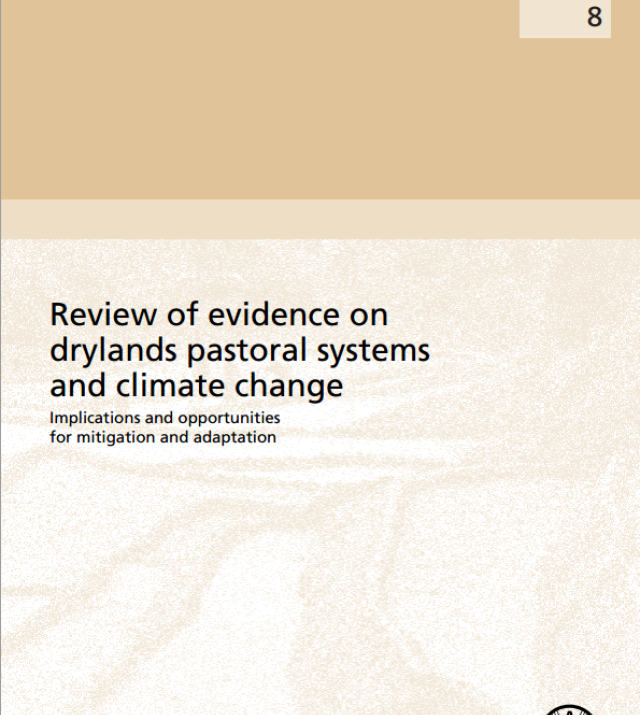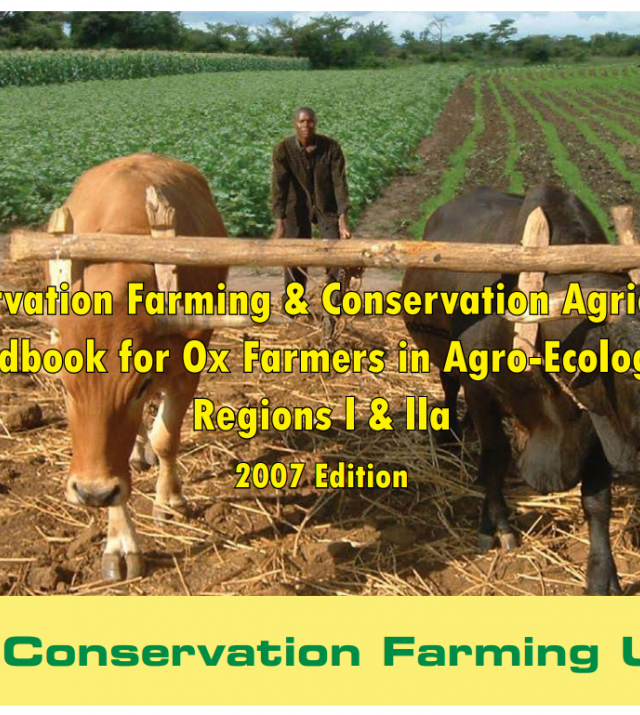
Livestock Keepers - Guardians of Biodiversity

The world’s livestock diversity comprises more than 7600 documented mammalian and avian breeds as well as an unknown number of not yet documented breeds. These breeds are largely the result of breeding activities by livestock keepers who have developed them without use of herd books or formal breeding societies. By maintaining their animals under exposure to natural selection, pastoralists and smallholder farmers play a crucial role in the sustainable use of adaptation and fitness traits. Breed diversity is especially high in peripheral and remote areas, notably drylands. Many breeds in Africa and Asia are named after ethnic groups; among these, pastoralist societies play an especially prominent role as creators and guardians of breeds, although farming societies have also produced specific breeds.
Simultaneously, the production systems that have supported livestock diversity in the past are disintegrating. Pastoralists are especially affected by loss of access to natural resources, particularly grazing land and water. Small-scale livestock keepers are driven into market economies on unfavourable terms or pushed out of existing local markets. Mechanization of farm activities and transportation threatens draught breeds and species (although rising fuel prices in some countries are already reversing this trend). Inappropriate policies and management practices, including subsidies favouring large-scale production and indiscriminate cross-breeding, significantly contribute to genetic erosion.
The purpose of this booklet is to provide an overview of the role of small-scale livestock keepers in the sustainable management of animal genetic resources and provide suggestions on how this role could be strengthened for the benefit of livestock biodiversity and poverty alleviation.

